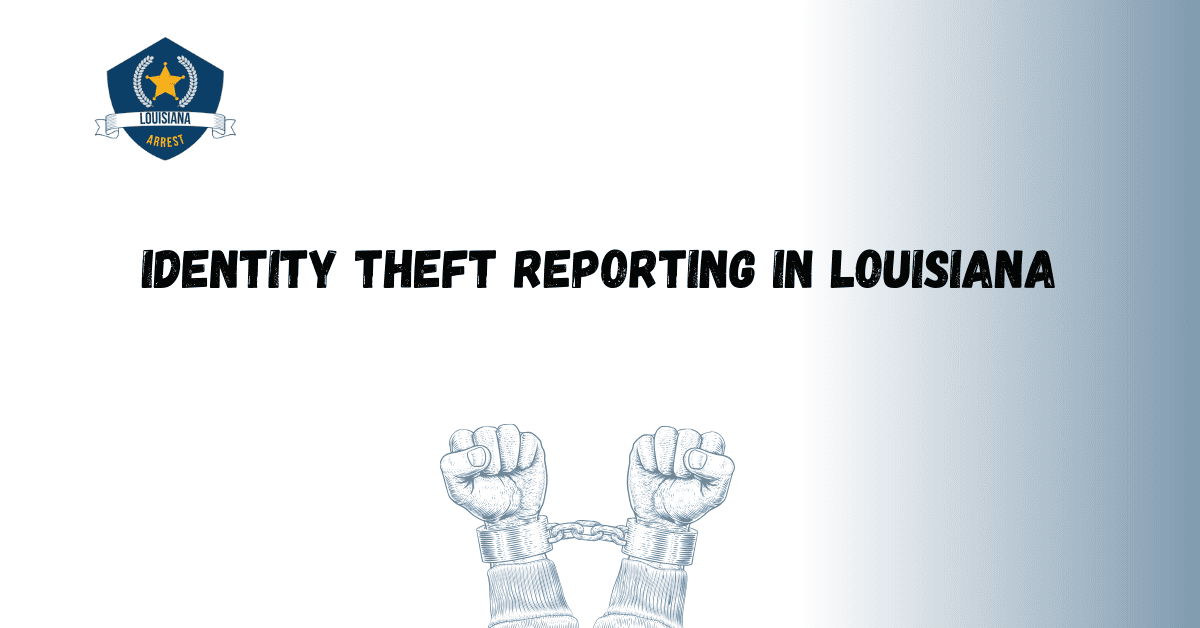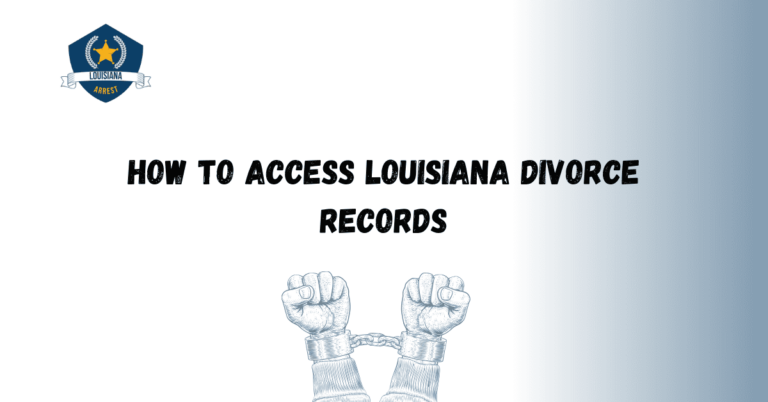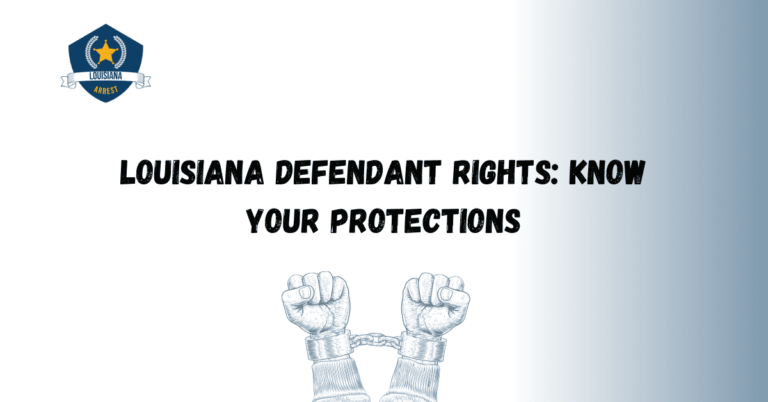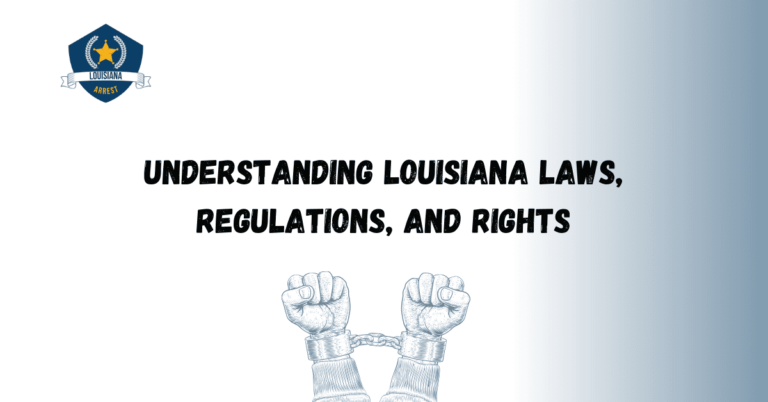Identity Theft Reporting in Louisiana
Identity theft is a growing concern in today’s digital age. With the increasing sophistication of technology, it has become easier for criminals to steal personal information and wreak havoc on innocent individuals’ lives. Louisiana, like many other states, has recognized the severity of this issue and has implemented measures to combat identity theft.
In this comprehensive guide, we will delve into the topic of identity theft reporting in Louisiana. We will explore the steps you need to take if you suspect that your identity has been compromised, as well as the resources available to assist you in this difficult situation. Whether you are a victim of identity theft or simply want to be prepared, our guide will provide you with the knowledge and tools you need to protect yourself and take appropriate action.
Understanding Identity Theft
Identity theft is a serious crime that can have devastating consequences for its victims. It occurs when someone unlawfully obtains and uses another person’s personal information, such as their name, Social Security number, or financial account information, without their consent. These criminals can then use this stolen information to commit fraud, make unauthorized purchases, or even assume the victim’s identity entirely.
The Impact of Identity Theft
The consequences of identity theft can be far-reaching and long-lasting. Victims may find themselves dealing with financial losses, damaged credit scores, and a tarnished reputation. Beyond the financial impact, identity theft can also cause emotional distress, as victims may feel violated, vulnerable, and anxious about their personal information being misused.
Recognizing the Signs
It is crucial to be aware of the signs that your identity may have been compromised. Keep an eye out for unexpected financial transactions, unfamiliar accounts or charges, missing mail, or notifications from creditors or collection agencies regarding unpaid bills that you never incurred. If you notice any of these red flags, it’s important to take immediate action.
Steps to Take if You Suspect Identity Theft
If you suspect that your identity has been stolen, it’s crucial to act swiftly to minimize the damage. Start by contacting your local law enforcement agency to file a police report. This report will serve as an official record of the crime and may be required by financial institutions or credit bureaus as you work to resolve the situation.
Reporting Identity Theft in Louisiana
Louisiana takes identity theft seriously and has established resources to help victims navigate the reporting process. If you reside in Louisiana and believe you are a victim of identity theft, you should contact the Louisiana State Police immediately. They have a dedicated unit that specializes in handling identity theft cases and can provide guidance and support.
Utilizing Available Resources
When dealing with identity theft, it’s crucial to utilize the resources available to you. The Federal Trade Commission (FTC) is a valuable resource that provides guidance on reporting identity theft, creating a recovery plan, and disputing fraudulent charges. Additionally, credit bureaus such as Equifax, Experian, and TransUnion offer assistance and tools to help you monitor your credit and detect any suspicious activity.
Protecting Yourself and Taking Action
Prevention is key when it comes to identity theft. Be proactive in safeguarding your personal information by using strong, unique passwords, regularly monitoring your financial accounts, and being cautious when sharing sensitive information online. If you become a victim, remember that you are not alone. Seek support from organizations, such as identity theft victim assistance programs, that can provide guidance and help you navigate the process of recovering your identity.
FAQs
What is identity theft?
Identity theft is a form of fraud where someone steals another person’s personal information, such as their name, Social Security number, or financial details, usually to commit financial fraud or other crimes.
How can I tell if my identity has been stolen?
There are several signs that may indicate your identity has been stolen, such as unauthorized charges on your financial accounts, receiving bills or statements for accounts you didn’t open, or being denied credit for no apparent reason.
What should I do if I suspect my identity has been stolen?
If you suspect your identity has been stolen, it is important to act quickly. Start by contacting your local law enforcement agency to file a police report. You should also notify the Federal Trade Commission (FTC) and your financial institutions. Additionally, consider placing a fraud alert or credit freeze on your credit reports.
What resources are available to assist me in dealing with identity theft?
There are various resources available to assist you in dealing with identity theft. The Louisiana Attorney General’s Office has a dedicated Identity Theft Unit that provides information and assistance to identity theft victims. They can help you navigate the process of reporting the crime and recovering your identity. Additionally, organizations such as the Identity Theft Resource Center and the Federal Trade Commission offer resources and support for identity theft victims.
How can I protect myself from identity theft?
There are several steps you can take to protect yourself from identity theft. These include regularly monitoring your financial accounts and credit reports, being cautious when sharing personal information online, using strong and unique passwords for your online accounts, and shredding documents containing sensitive information before discarding them.
Is identity theft a common problem in Louisiana?
Yes, identity theft is a growing concern in Louisiana, as it is in many other states. The state has recognized the severity of this issue and has implemented measures to combat identity theft, such as the Louisiana Identity Theft Passport Program, which helps victims of identity theft resolve their cases more efficiently.







